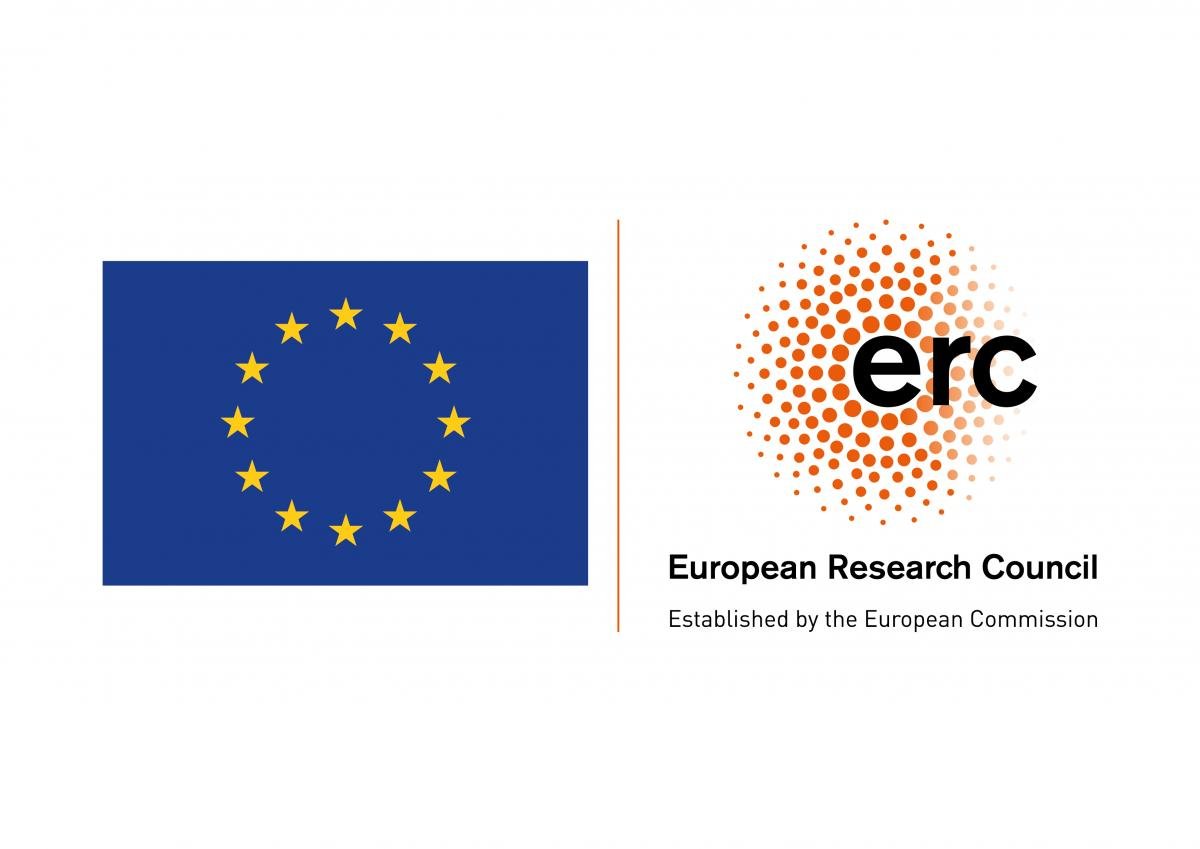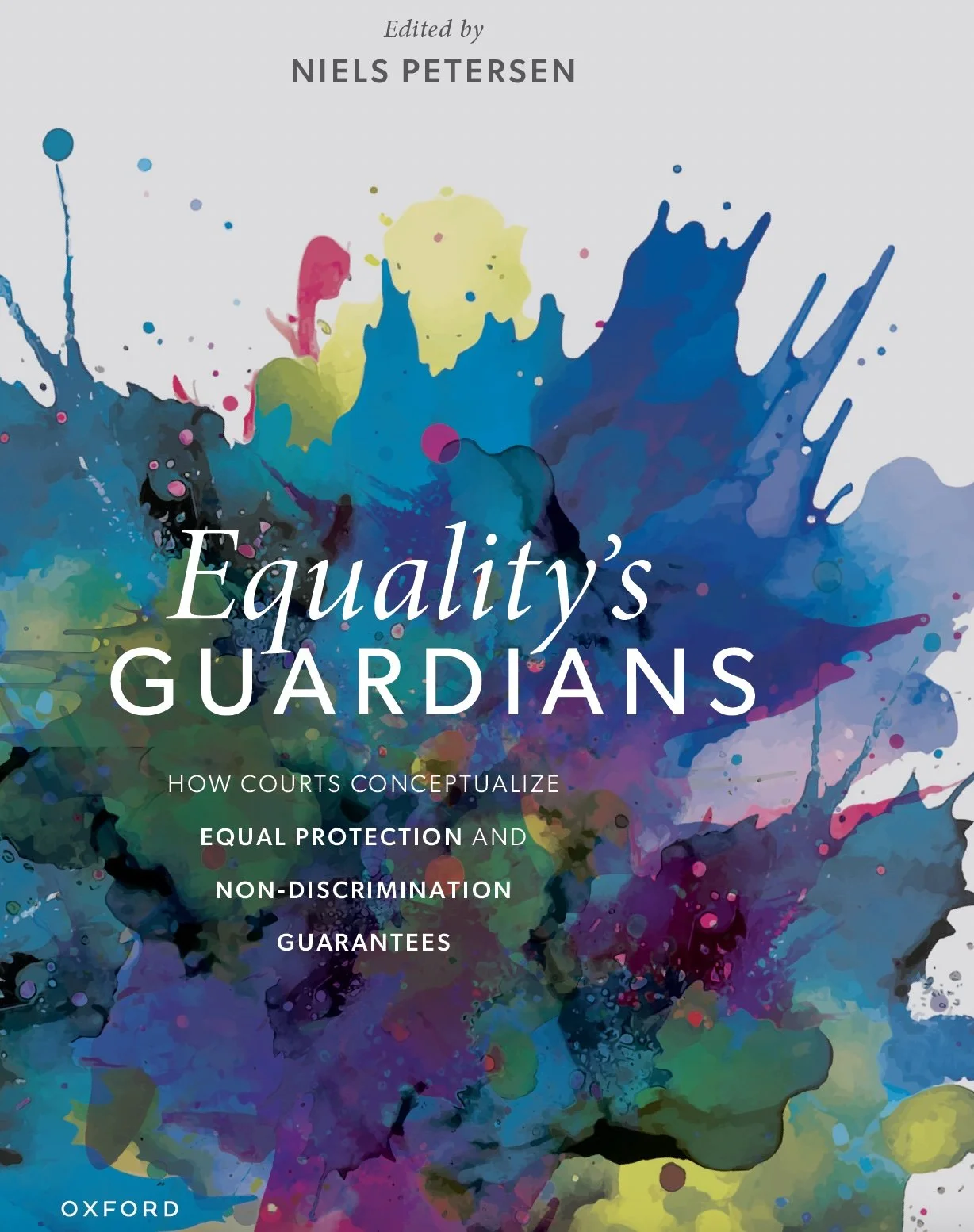Equality
ERC Consolidator Grant project: Correcting Inequality through Law
Equality is one of the main political concerns of our time. Rising economic inequality is often cited as a major reason for the recent rise of political populism. But economic inequality is not the only problem. Inequalities based on gender, race or nationality are also major issues in the contemporary discussion. While most commentators discuss political solutions, the proposed research project analyses the contributions that courts can make to correct inequalities. Norms protecting equality form part of all major national and international human rights instruments. However, the meaning of equality is fundamentally contested. There is no agreement on what equality exactly means or entails. The question, therefore, is not whether legal equality guarantees can tolerate inequality, but to what extent they can do. Because of these conceptual difficulties, the application of equality and non-discrimination clauses is not a straightforward exercise, in which courts simply apply legal norms to a given set of facts. Instead, courts need to develop doctrinal instruments to give meaning to the concept of equality.
The research project “Correcting Inequality through Law”, which was funded by a Consolidator Grant of the European Research Council and ran from June 2019 to May 2025, analysed how apex courts conceptualize equality in constitutional and international human rights law. It is based on a comparative study of the equality jurisprudence of 18 courts and jurisdictions (Brazil, Canada, Colombia, France, Germany, India, New Zealand, Poland, Singapore, South Africa, Taiwan, United Kingdom, United States, UN Human Rights Committee, ECtHR, IACtHR, AfrCHPR, CJEU). It had three aims. Firstly, it created a comparative map of equality jurisprudence, i.e. to describe and categorize the constitutional jurisprudence on equality: Which doctrinal choices do courts make and how do these choices inform the conception of equality? Secondly, it explained the doctrinal choices of the analyzed courts: Which factors influence courts to arrive at particular conceptions of equality? Thirdly, it had a normative goal and examined whether courts are better suited to correct certain kinds of inequalities than other kinds of inequalities.
The main results of the project have recently published in the book “Equality’s Gaurdians” (OUP 2025). The book is available open access and can be accessed here. Other publications that resulted from the project include the following:
Tainá Garcia Maia, Judging Poverty in Brazil (OUP, forthcoming 2026)
Niels Petersen, The implicit taxonomy of the equality jurisprudence of the UN Human Rights Committee, (2021) 34 Leiden Journal of International Law 421-440
Niels Petersen, Equality, Climate Change, and Future Generations, European Journal of International Law (forthcoming)
This project has received funding from the European Research Council (ERC) under the European Union’s Horizon 2020 research and innovation programme (grant agreement No. [817652])

